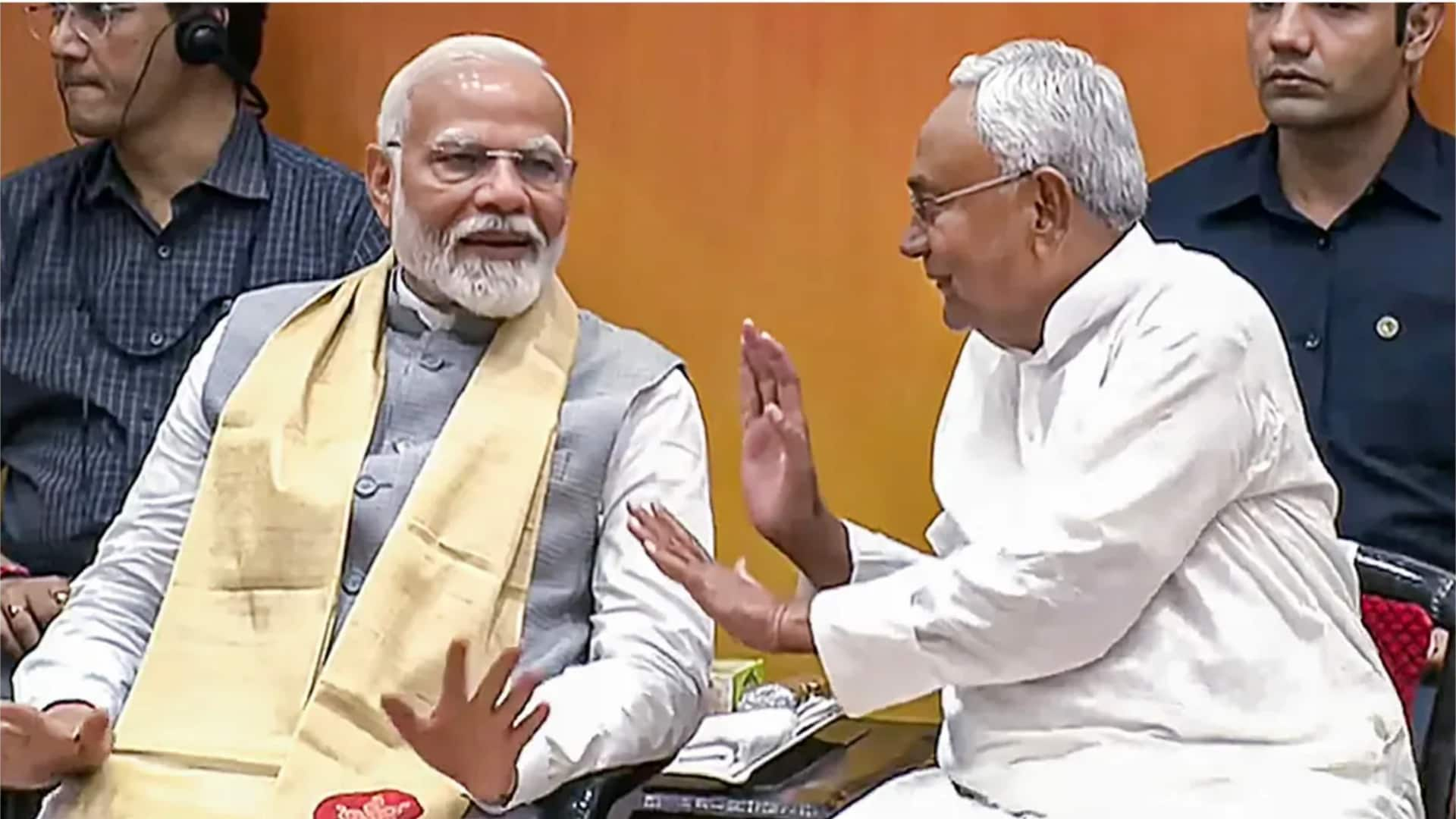
NDA finalizes Bihar cabinet; BJP gets more berths, Nitish stays
What's the story
The Bharatiya Janata Party (BJP) is likely to have a larger share of the pie in the new Bihar government, NDTV reported on Sunday, citing sources. This comes after the National Democratic Alliance (NDA) finalized its power-sharing arrangement. The meeting was chaired by Union Home Minister Amit Shah, and JD(U) leader Nitish Kumar will continue as Chief Minister.
Ministerial distribution
BJP, JD(U) to have 15-16 and 14 ministers respectively
The report quoted sources as saying that either 15 or 16 ministers will be from the BJP, while about 14 will be from the Janata Dal (United) (JD(U)). The Lok Jan Shakti (Ram Vikas), an NDA ally with 19 seats, is likely to get three cabinet berths. Jitan Ram Manjhi's Hindustani Awam Morcha (Secular), which won five seats, and Upendra Kushwaha's Rashtriya Lok Morcha with four seats are likely to get one ministerial berth each.
Upcoming events
Oath-taking ceremony to be held soon
The oath-taking ceremony for the new government is likely to be held on November 19 or 20, subject to Prime Minister Narendra Modi's schedule. The NDA won a landslide victory in the Bihar elections, bagging 202 out of 243 seats. The BJP was the single largest party with a nearly 88% strike rate in the seats it contested.
Election results
Mahagathbandhan faces setback in Bihar elections
The Mahagathbandhan, including the Rashtriya Janata Dal (RJD), Congress, and three Left parties, failed to cross the 35-seat mark. Among them, RJD won 25 seats and Congress secured six. Prashant Kishor's Jan Suraaj Party (JSP) didn't win any seats despite contesting in 238. Meanwhile, the All India Majlis-E-Ittehadul Muslimeen (AIMIM) won five seats in its solo act.
Mandate response
BJP claims mandate reflects approval of SIR
The BJP said the NDA's massive mandate showed people's approval of Special Intensive Revision (SIR) and "punished" the opposition alliance for defaming the country. Meanwhile, Congress questioned the Election Commission's role during the polling process and blamed the "hurried" SIR for poor performance. Calls for introspection emerged from allies who criticized the concentration of power in a few hands.